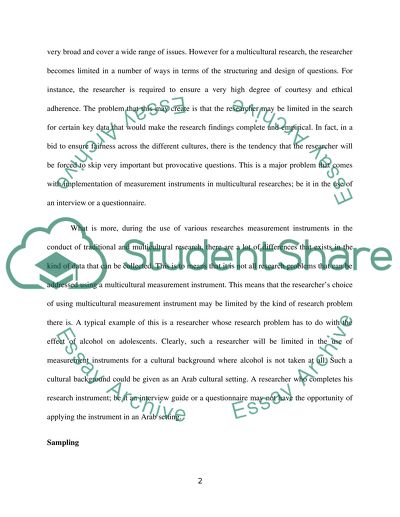Cite this document
(“Research Variables Essay Example | Topics and Well Written Essays - 750 words”, n.d.)
Research Variables Essay Example | Topics and Well Written Essays - 750 words. Retrieved from https://studentshare.org/psychology/1451664-research-variables
Research Variables Essay Example | Topics and Well Written Essays - 750 words. Retrieved from https://studentshare.org/psychology/1451664-research-variables
(Research Variables Essay Example | Topics and Well Written Essays - 750 Words)
Research Variables Essay Example | Topics and Well Written Essays - 750 Words. https://studentshare.org/psychology/1451664-research-variables.
Research Variables Essay Example | Topics and Well Written Essays - 750 Words. https://studentshare.org/psychology/1451664-research-variables.
“Research Variables Essay Example | Topics and Well Written Essays - 750 Words”, n.d. https://studentshare.org/psychology/1451664-research-variables.


